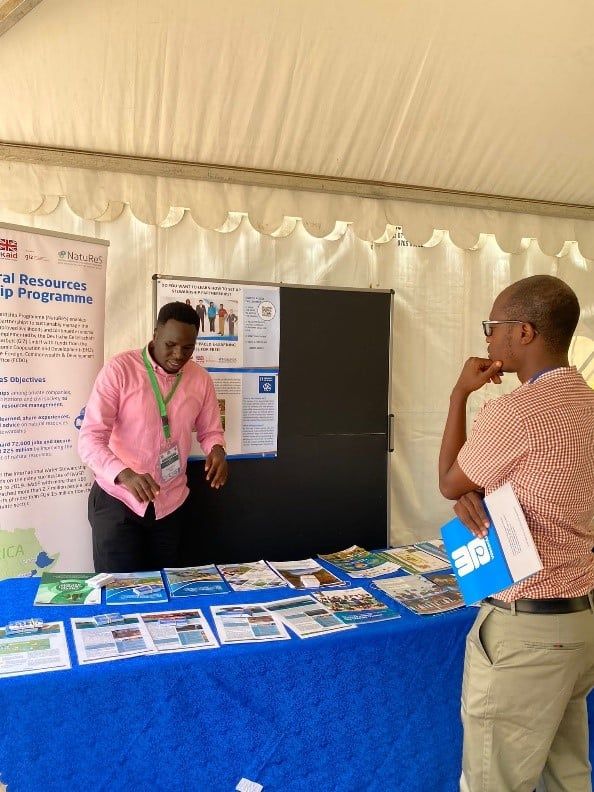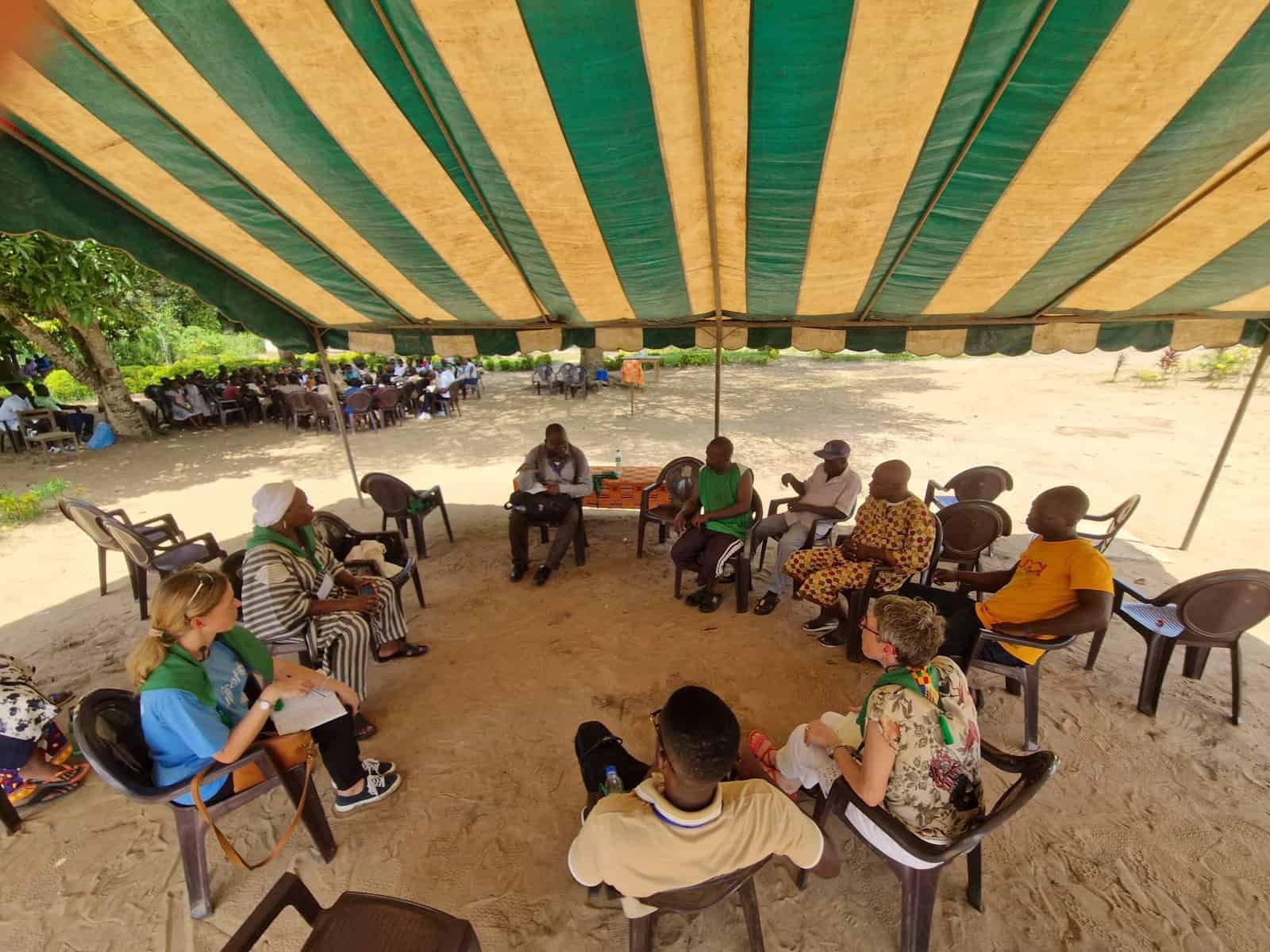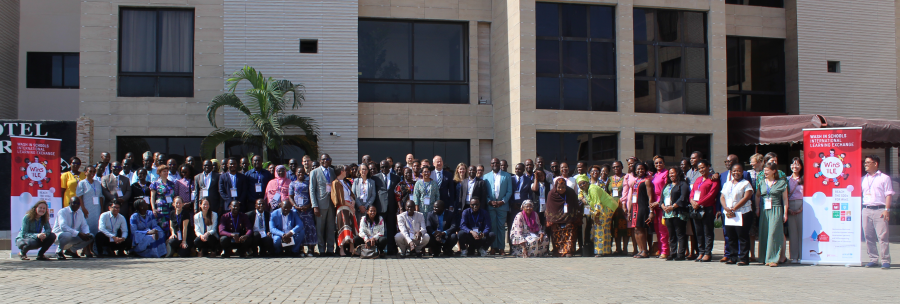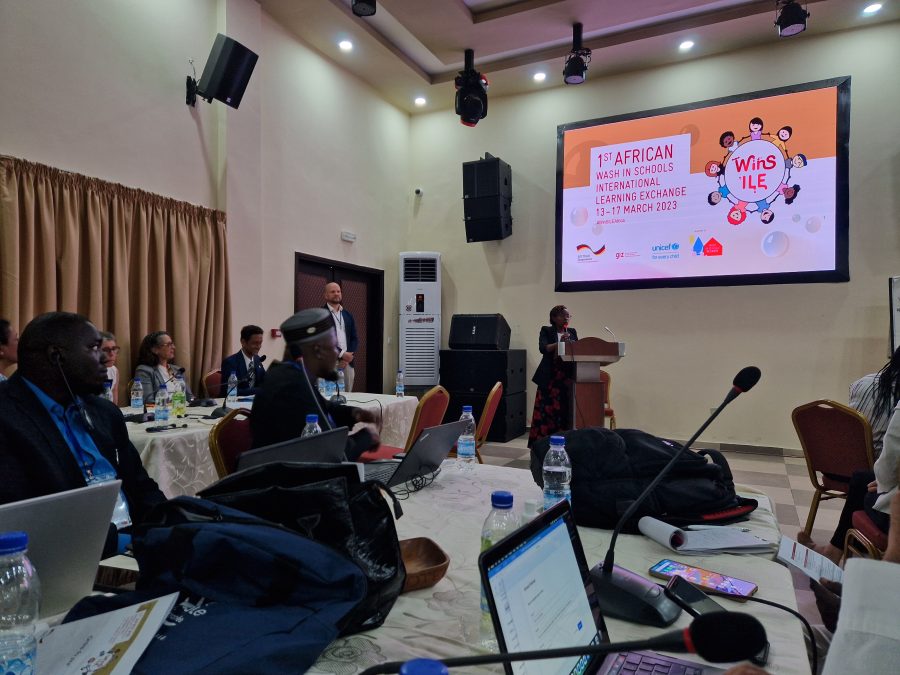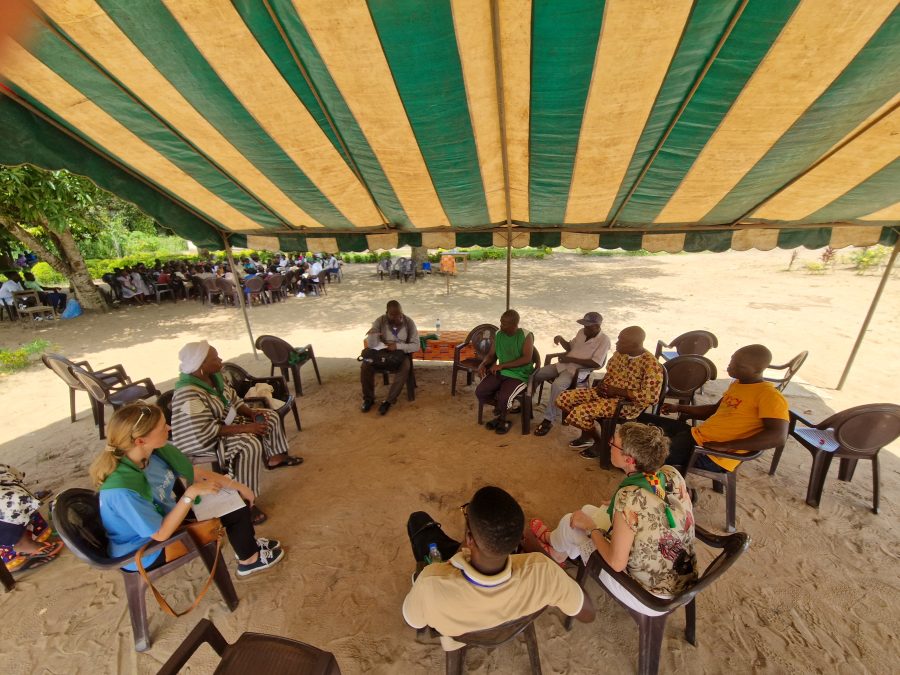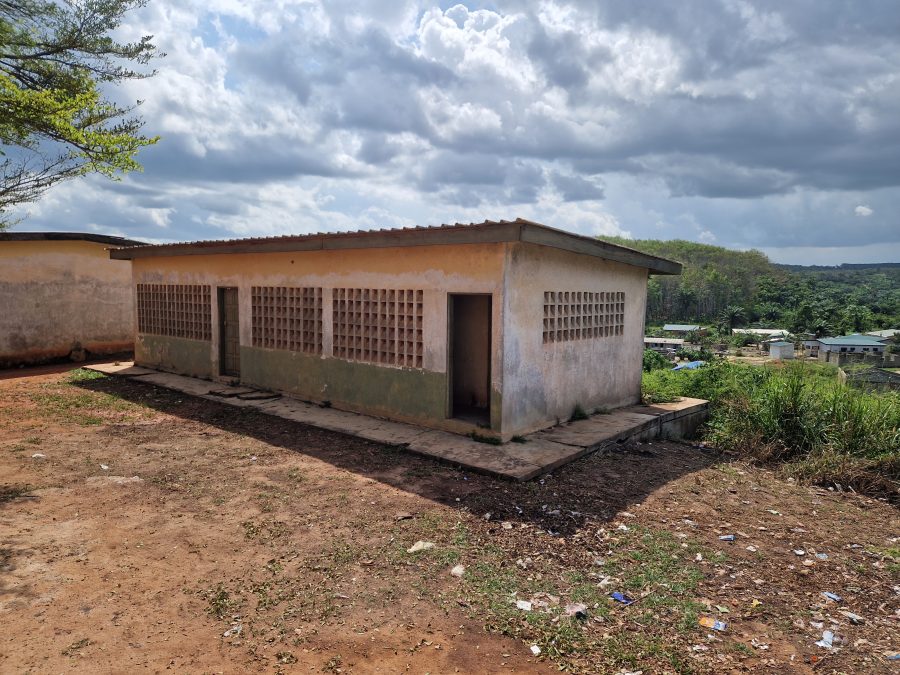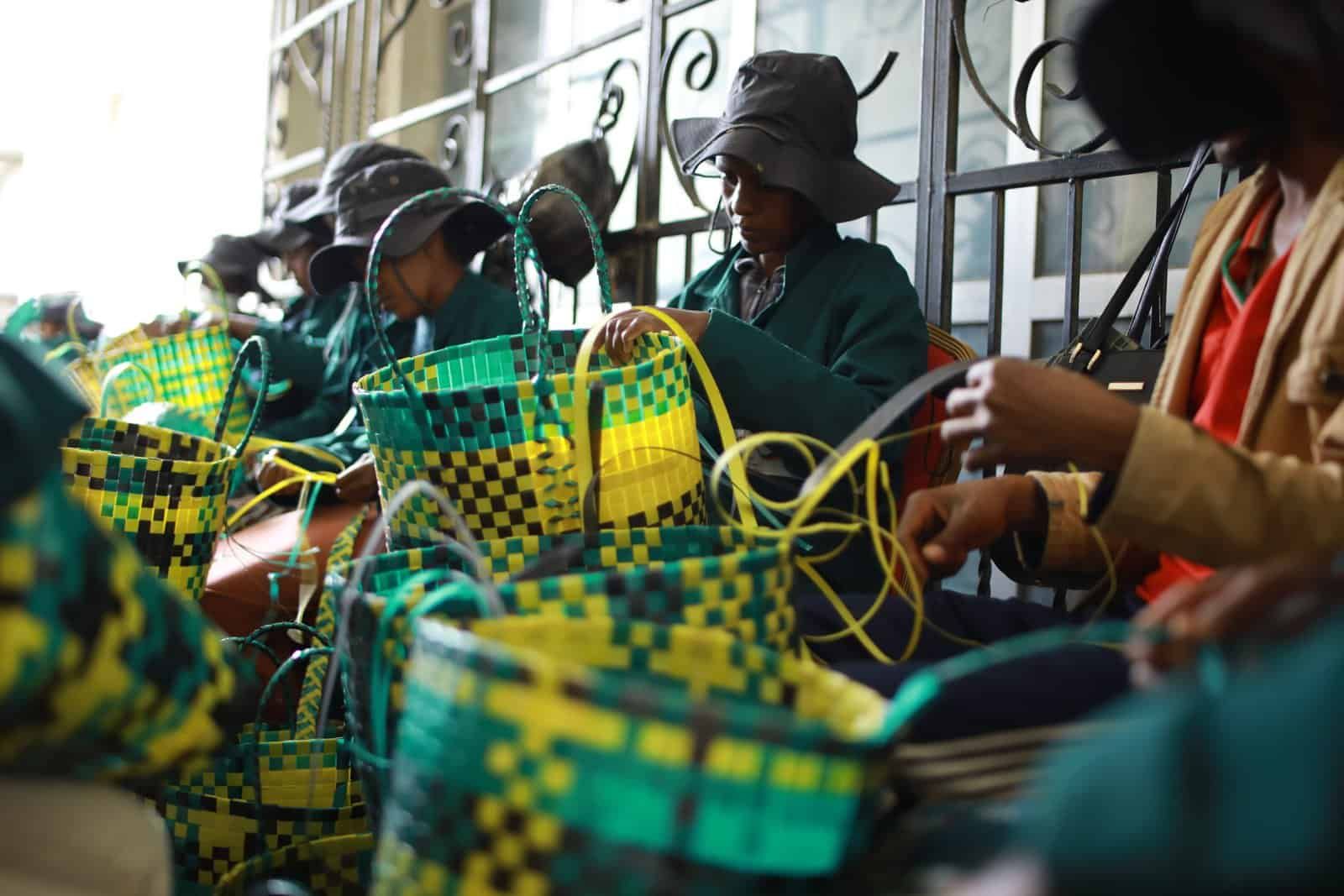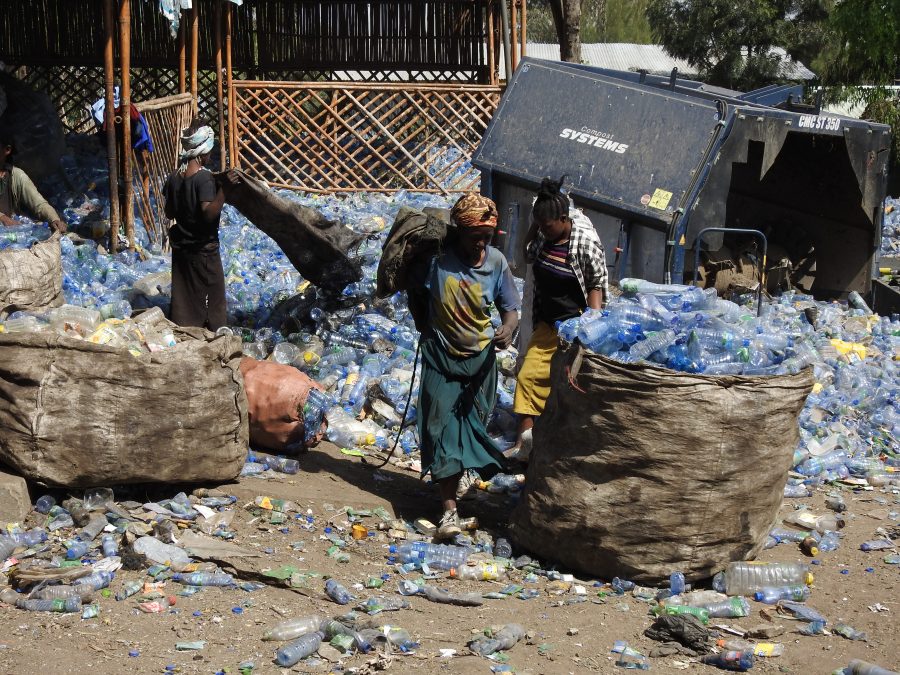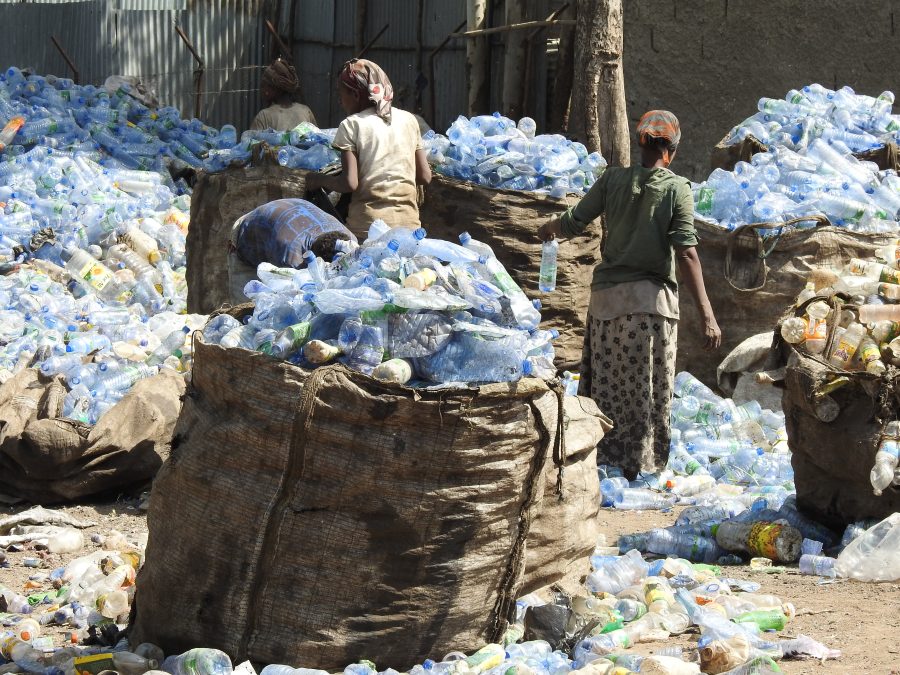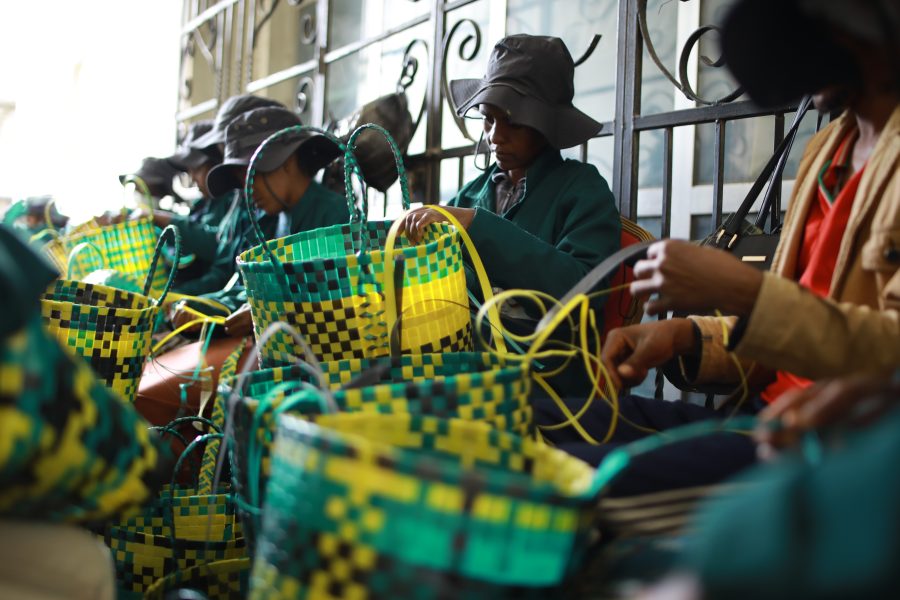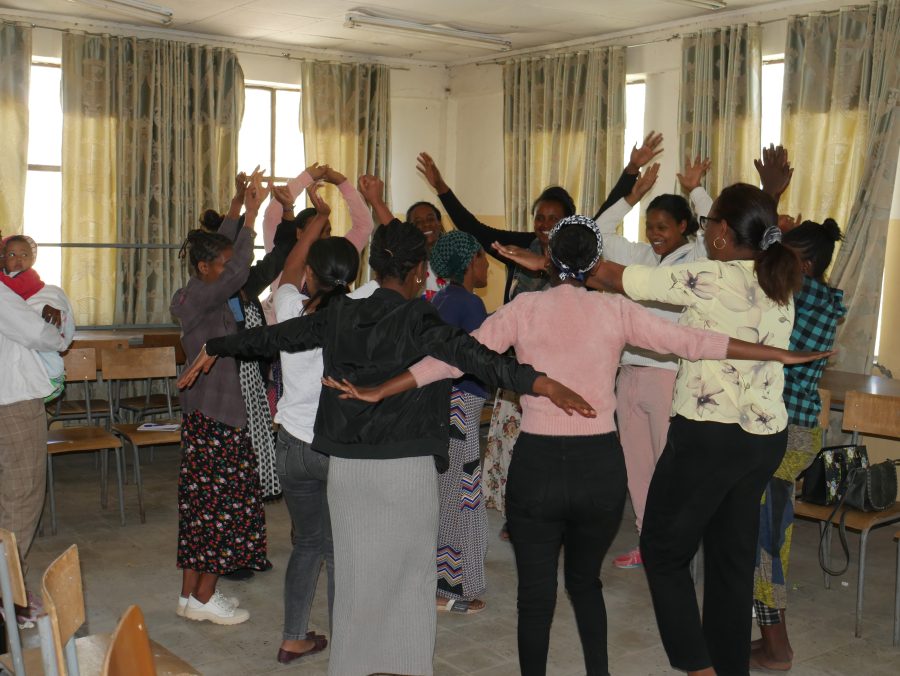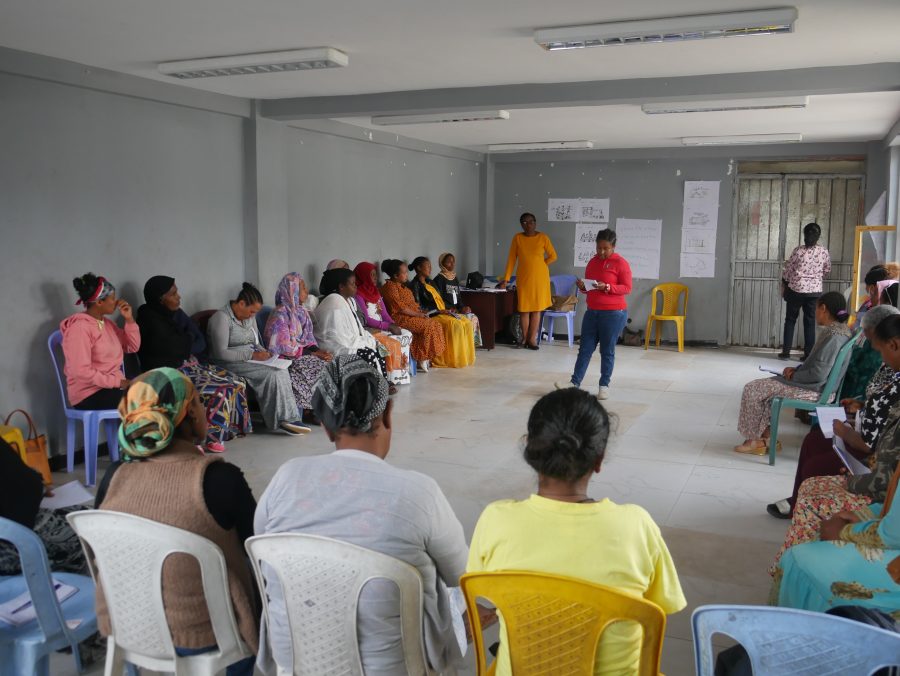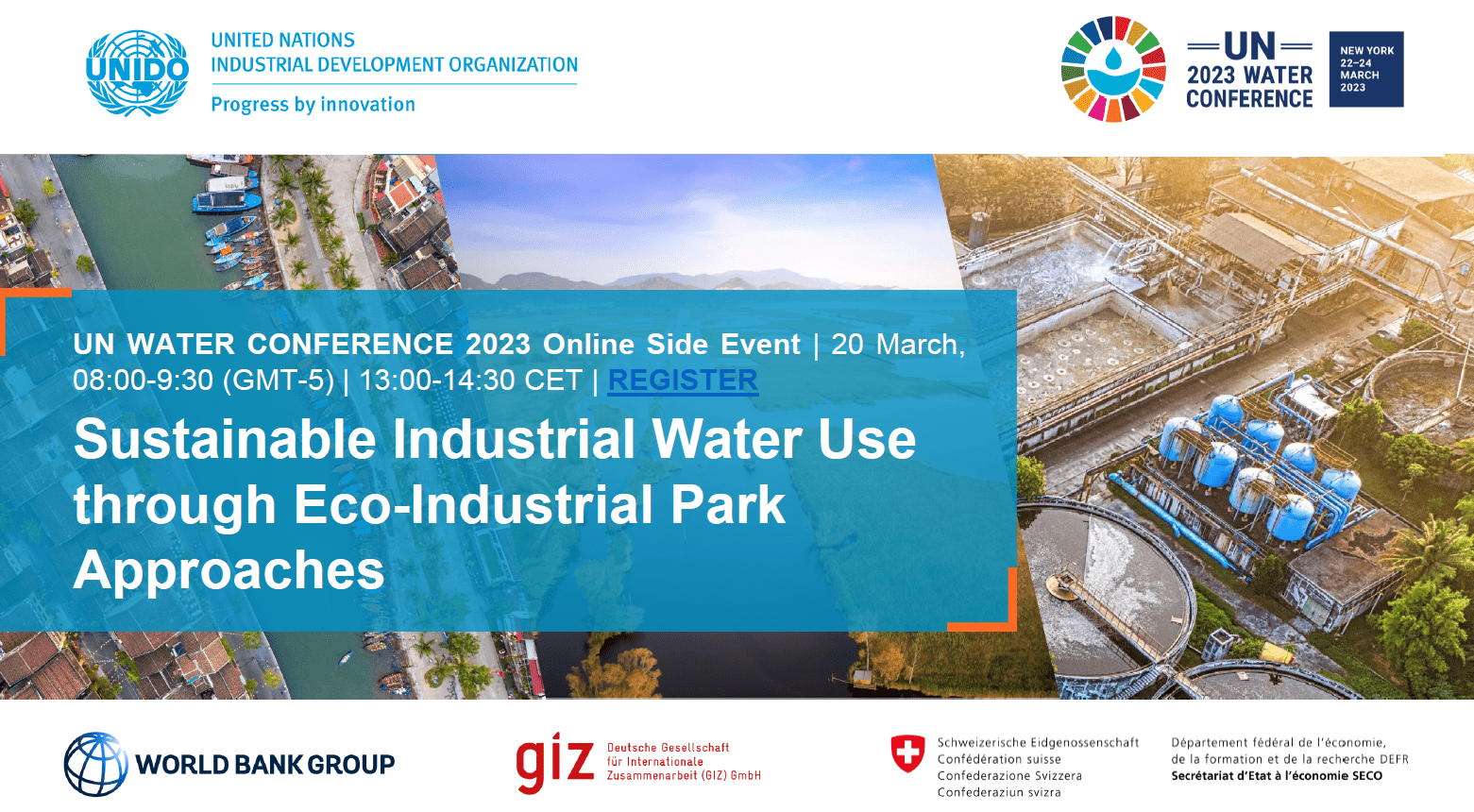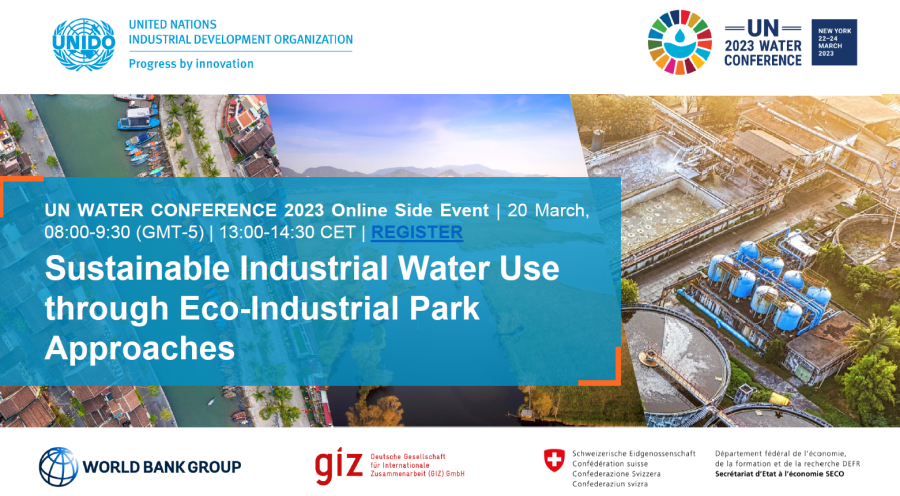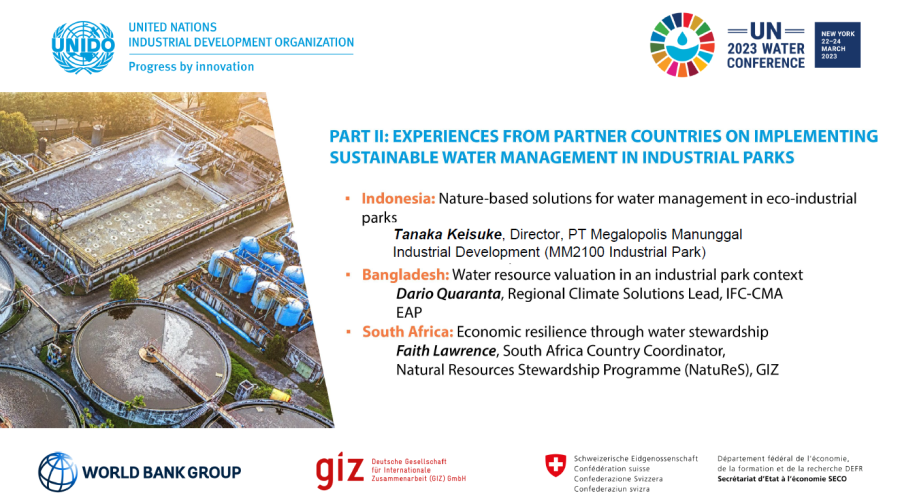Promoting Stewardship and Sustainable Business Practises at the Uganda Water and Environment Week 2023
Each year in March, the Republic of Uganda – organized by the Ministry of Water and Environment – hosts the Uganda Water and Environment Week (UWEWK). The weeklong event seeks to contribute to the attainment of Uganda’s sustainable socio-economic transformation and to achieve the Ugandan National Development Plan and Vision 2040.
Since its inception in 2018, UWEWK has evolved to become the flagship program for advocacy, information sharing and learning within the country’s water and environment spectrum. The event format provides an opportunity to engage and exchange information on water and environmental management topics, as well as sustainable development in general and across various economic sectors. Organisers have positioned the event to promote a multi-sectoral and integrated approach that links all sectors to water and the environment. It is accompanied by various side events, exhibitions, applied training, facilitated knowledge exchange, dialogue, and learning. It usually reaches over 1900 participants.
Water and Environment for Climate-Resilient Development
This year, the conference focused on the theme “Water and environment for climate-resilient development” with the four sub-themes of:
- Policy, legal and institutional frameworks for climate-resilient development
- Climate-resilient communities, ecosystems, and infrastructure
- Capacity and partnerships for climate-resilient development
- Innovative financing mechanism
The Natural Resources Stewardship programme (NatuReS), together with two other GIZ programmes active in the country’s water and environment sector, supported the event. The programmes had a public display of their work and their contribution to Uganda’s water and environment through a weeklong exhibition of programme information material and outputs such as the Uganda Green Growth Report. Furthermore, three partnerships contributed to the conference with side events. The following sections provide an overview of the organized activities.
1. Promoting natural resources stewardship
To promote natural resources stewardship as a successful approach, participants at the NatuReS exhibition received information about stewardship partnerships. They were also introduced to the free, self-paced e-learning course on the Natural Resources Risk and Action Framework (NRAF). NRAF is the methodology to set up stewardship partnerships. The course targets public, private sector, or civil society stakeholders, who want to actively learn about steps and tools to participate in natural resources stewardship partnerships. By taking the course, participants learn how to facilitate the different stages of a multi-stakeholder stewardship partnership to address environmental risks collectively.
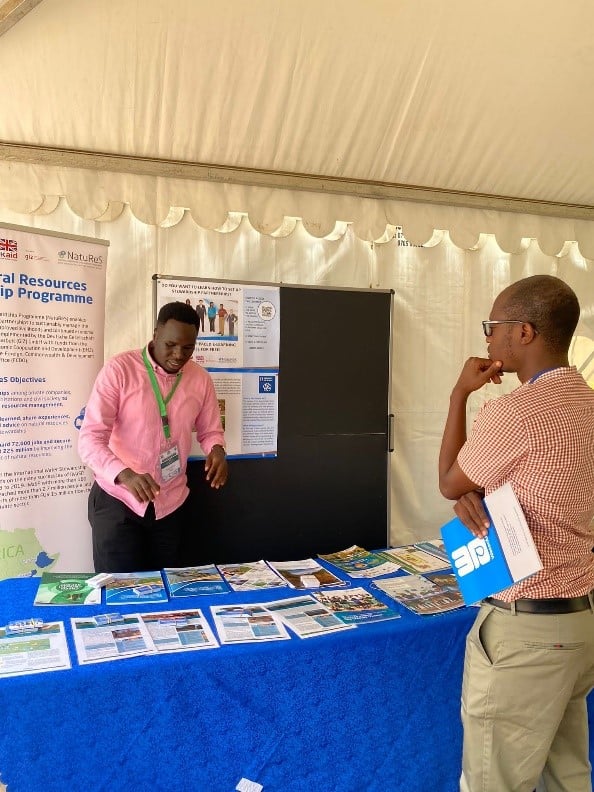
NatuReS colleague Simon Akena sharing information about natural resources stewardship partnerships with a visitor during the exhibition at Uganda Water and Environment Week 2023.
2. Promotion of Rainwater Harvesting
The Greater Kampala Integrated Flood Resilience Partnership participated in UWEWK with two activities promoting rainwater harvesting. An increase in the adoption and uptake of rainwater harvesting technologies by public and private institutions and households contributes to building flood resilience in Kampala and thus supports Uganda’s climate-resilient development agenda.
Exhibition of existing rainwater harvesting technologies by Uganda Manufacturers Association (UMA) members
Three companies among Uganda’s top manufacturers of rainwater harvesting products (GENTEX, CREST TANK, and STEEL & TUBE Industries Ltd.) under UMA exhibited some of their innovative rainwater harvesting technologies and products, like rainwater storage tanks, gutters, and pipes. They also shared insights about costs and operational information.
Radio talk shows on scaling up of rainwater harvesting in Greater Kampala
To enhance awareness about the importance of rainwater during UWEWK, the Flood Resilience Partnership organized radio talk shows on two radio stations. Experts from Uganda Rainwater Alliance and Uganda Rainwater Harvesting Association discussed issues and challenges constraining rainwater harvesting in Kampala, opportunities for promoting and scaling up rainwater harvesting in Kampala, policy recommendations, and financing models for increasing the uptake of rainwater harvesting technology in the country. One of the talk shows was held in the local language Luganda to increase outreach.
3. Sustainable Business Practises in the Flower Sector
The Commercial Flower Farms Integrated Catchment Management Partnership supported the Uganda Flower Exporters Association on a moderated dialogue on “Sustainable Business Practises in the Flower Sector.” With panelists from the Ministry of Water and Environment, the private sector (Uganda Flower Export Association, ED Flower Farm), and the civil society organization Nature Uganda, the dialogue served as a platform for the different sectors to exchange on challenges, foster understanding and strengthen their collaboration. The partnership goal is to improve compliance with national regulations and the sustainable use of natural resources in the flower industry while benefiting local communities.
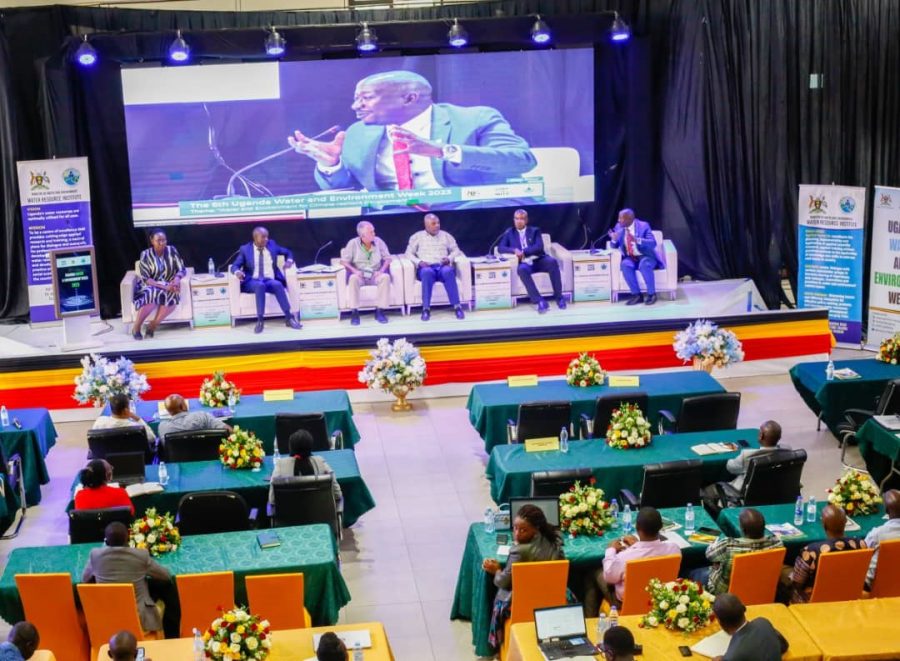
Multi-sectoral dialogue with panelists from the government, private sector, and civil society discussing sustainable business practices in the flower sector and what can be done to improve inter-sectoral collaboration for sustainable use of natural resources and compliance with national environmental regulations.
4. Protecting Gulu City’s main water source, the Oyitino dam
Gulu City in Northern Uganda has rapidly changed climate conditions over the past years. This led, among other things, to the drying up of the Oyitino Valley dam and the associated streams, which serve as a primary water source for the city. To tackle this challenge and secure the quality and quantity of water from the Oyitino dam, partners from the public sector, private sector, and civil society have joined forces under the Gulu Integrated Catchment Management Partnership.
Since its initiation in 2022, significant efforts have been made, particularly regarding water source protection. During UWEWK 2023, partners handed over-restored intake sites of the Oyitino dam to the National Water and Sewerage Corporation.
Alternative livelihood options to restore the Oyitino catchment
Additionally, the partnership promotes more sustainable, alternative livelihood options among communities, such as apiary and horticulture, to incentivize the restoration of the Oyitino micro-catchment. These were launched by the Gulu Resident City Commissioner (RCC)and the Ministry of Water and Environment during side events of the UWEWK. Furthermore, partners established a ‘Community Environment Conservation Fund’ to ensure the sustainability of these sustainable income opportunities. Community members previously engaged in environmentally harming practices, like sand mining or bricklaying, can access this revolving fund. The fund allows them to access an initial source of capital to venture into alternative livelihood options that will enable natural regeneration to increase water quantity and quality and protect biodiversity within and along the wetland system. The funds catalyze the construction of a strong social support system for communities to promote catchment-based water resources management in Otiyino.

Handover of restored intake point to NWSC.

Launch of alternative livelihood options such as beekeeping.
Through the various events and exhibitions, the partnerships and NatuReS promoted stewardship and collective action as a solution for inclusive and sustainable management of natural resources. The significance of water partnerships and multi-sectoral collaboration has been highlighted as a sub-theme at UWEWK. We look forward to seeing the stewardship approach grow in Uganda and learning more about newly-formed partnerships at next year’s UWEWK.
